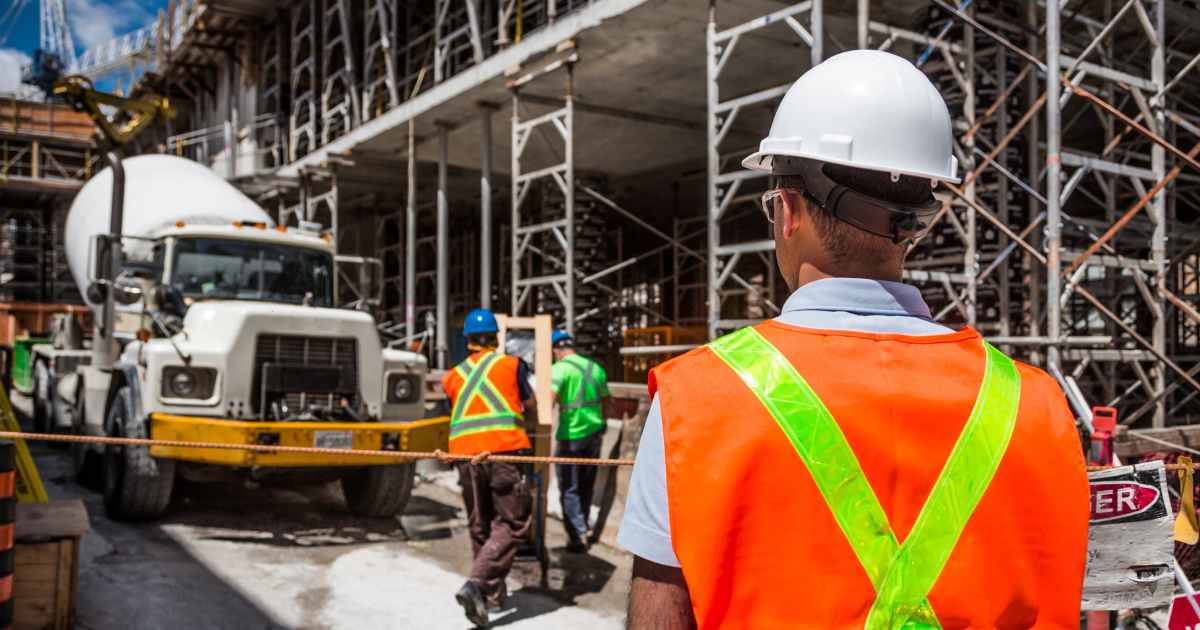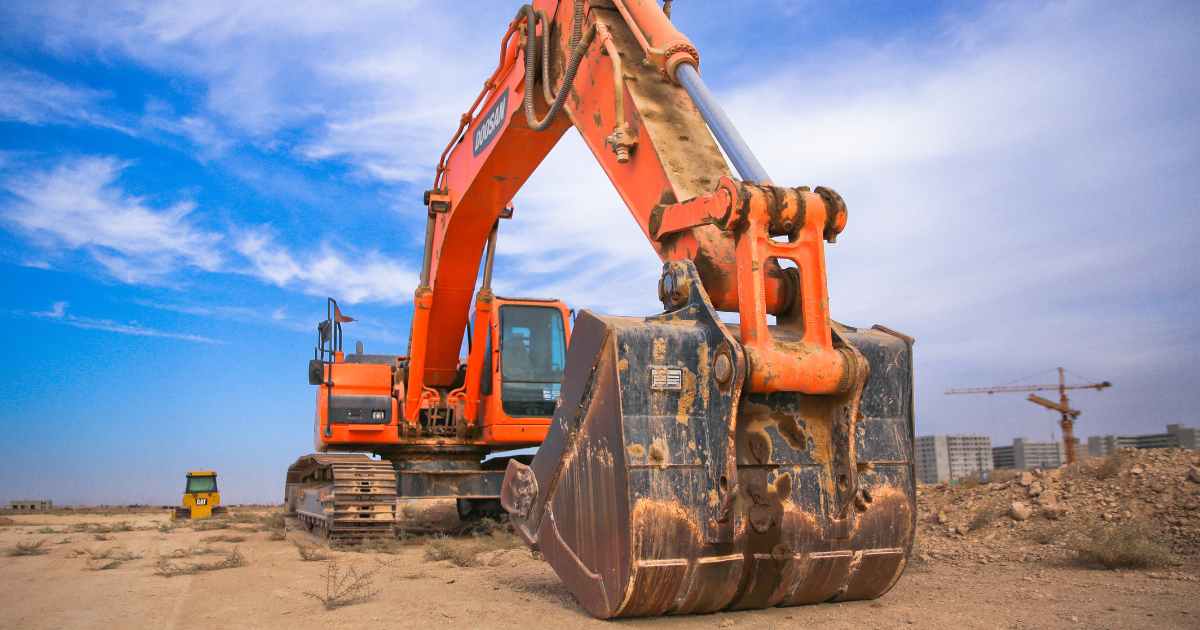Reducing Construction Costs & Improving Sourcing Efficiency with Predictive Procurement
Construction companies face a host of challenges in the post-COVID era. The workforce shortage reached half a million this year, and many sectors continue to grapple with increased lead times, and volatile material costs. In fact, 71% of all companies said the cost of raw materials is the biggest threat to their supply chain in 2023.
Housing construction has slowed significantly due to high interest rates, and prices of construction inputs increased 40.5% from February 2020 to August 2022. At the same time, the number of young, able-bodied construction workers has decreased by 8% over the past decade, further exacerbating the industry’s labor shortage.
Construction companies are also up against hurdles in the procurement process, working around unique requirements, cost and budget constraints, tight turnarounds, and more.
In this blog, we’ll take a look at the procurement challenges facing the construction industry, then highlight how predictive procurement can help overcome those challenges, reduce costs, and improve sourcing efficiency.
What Procurement Challenges Do Construction Companies Face?
Procurement is a complex, time-sensitive task that creates many challenges in the construction industry. Most construction companies don’t have full spend transparency and visibility, especially when procurement data is spread across multiple solutions and organizations. Because spend is distributed across many different locations and projects, contract leakages are commonplace.

On top of these challenges, construction companies are tasked with complex supplier management, where procurement professionals must closely monitor risk, supply quality, and supplier performance.
Let’s dive into the top four procurement challenges for construction.
1. Project Complexity
Construction projects involve numerous stakeholders, including architects, engineers, category managers, contractors, suppliers, and clients. Coordinating the procurement process among these parties can be incredibly challenging, especially when project changes arise. The bigger the project, the greater the need for collaboration, communication, and streamlined supplier management.
2. Unique Requirements
Most construction projects require specialized materials, equipment, and services—and many of these goods and services are in short supply. Finding the right suppliers to meet these unique requirements can be time-consuming and difficult for even the most seasoned construction teams.
3. Time-Sensitivity
Construction procurement is often time-sensitive, involving fast turnarounds and tight deadlines to meet projects and delivery on schedule. This requires quick decision-making, effective communication, and streamlined procurement processes.
4. Cost and Budget Constraints
Construction projects are typically subject to strict budgets and cost constraints. The volatility of the industry only adds to the challenge, creating tight margins and even more cost-saving initiatives. Procurement professionals are under pressure to find cost-effective solutions that fit within budgets, all while maintaining quality standards and meeting other important project requirements.
Overall, procurement in the construction industry can be complex, time-sensitive, and subject to unique requirements. Project delays, contract management, and quality control can further complicate the process—not to mention sustainability goals and risk management.
Overcoming Challenges with Predictive Procurement
Effectively managing construction procurement can be extremely difficult, but the right tools can help procurement professionals mitigate issues before they arise.
Predictive procurement software like Arkestro helps construction companies streamline the process, improve efficiency, and save time and money. With Arkestro, coordinating projects and sourcing materials becomes easy. Fast data processing helps construction companies make decisions quickly, and machine learning helps find the right price for any budget.
With predictive procurement, construction professionals can easily manage purchasing activities, from requesting quotes and placing orders to tracking shipments and processing payments. The software offers real-time visibility into the procurement process, allowing companies to make more informed decisions and optimize operations.

Here’s how it works:
- Ingest information: The software consumes relevant data from internal systems and external sources, including real-time transactions, historical transactions, commodity/market data, risk data, and business context. This means that the spend data across all construction projects is gathered and analyzed in one easy-to-view location.
- Reveal insights: Predictive procurement uses machine learning to find patterns, identify anomalies, and create insights around potential risks, savings, and process improvement opportunities. Construction professionals can find out if they’re paying too much, have unaddressed risk, or are buying inefficiently.
- Drive actions: Procurement professionals get a series of recommendations on how to take action, based on risk, the economic value of the opportunity, and confidence level. Construction companies can use the software to auto-approve POs, re-engage with certain suppliers, or execute a touchless procurement cycle.
- Optimal results: After taking action on recommendations, construction procurement professionals enjoy reduced friction and higher confidence across all spend. They have all the data they need, without the noise. Moving forward, all procurement cycles are optimized for faster, more frequent sourcing.
Benefits of Predictive Procurement for Construction
With features like supplier risk management insight into contract details, and historical purchases for inventory, predictive procurement helps construction companies source more frequently and faster. Companies that invest in this type of automation will enjoy faster procurement cycles, reduced errors, lowered costs, and increased efficiency and profitability.
Here are just a few of the many benefits of predictive procurement for construction:
- Faster procurement cycle times: Predictive anomaly detection catches and corrects errors before they reach procurement, while event sourcing allows companies to learn from supplier’s behavior and shorten cycles.
- Lower costs and increase profitability: A pricing simulator generates instant suggestions for suppliers to modify and submit, while game theory techniques help procurement professionals consolidate spend with preferred suppliers.
- Gain greater visibility into procurement processes: Quickly compare award scenarios and gain important insight by applying business requirements and weighted value criteria to supplier quotes.
- Streamline supplier management: Predictive procurement routes purchases to preferred suppliers, automates procurement-supplier email correspondence, and manages all other aspects of the procurement process, saving valuable time and resources.
Transform Your Procurement Process with Arkestro
As the construction industry continues to deal with increased lead times, volatile material costs, increased competition, and worker shortages, it’s critical for procurement professionals to rethink strategies and optimize for efficiency. Those who embrace predictive procurement will gain greater visibility, reduced cycle times, lowered costs, and increased revenue.

Arkestro is a predictive procurement platform specifically designed for the construction industry, so you can rest assured our software meets all of your unique needs. PPO simulates the procurement process before it begins and recommends the preferred outcome to suppliers, category managers and internal stakeholders via embedded recommendations. Features like supplier management, contract management, and inventory tracking make it the most comprehensive construction procurement software on the market.
Transform the way you manage your construction purchasing activities with Arkestro. Contact us today or schedule a demo and see how Arkestro can help you save time, money, and resources.
